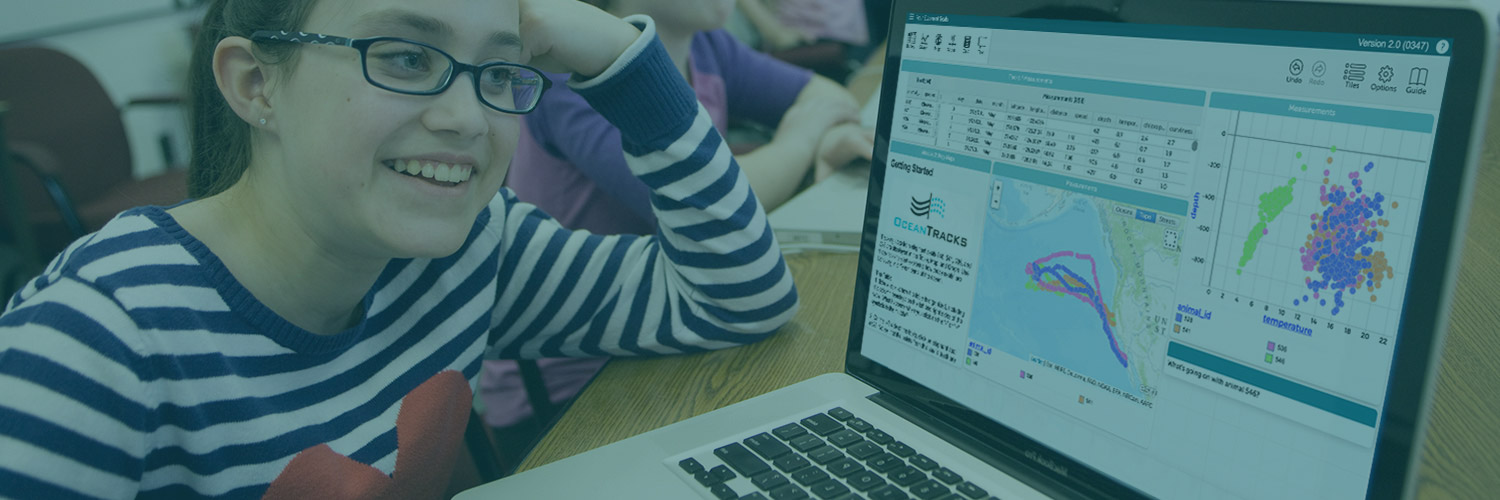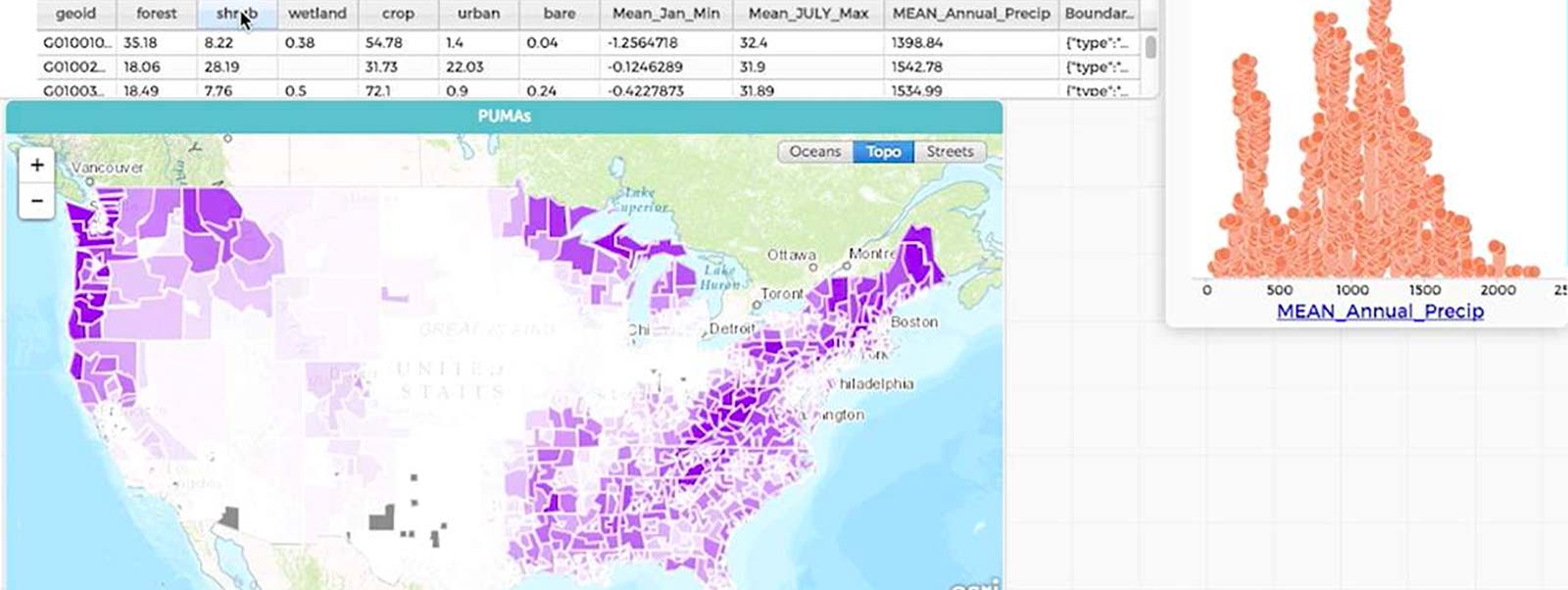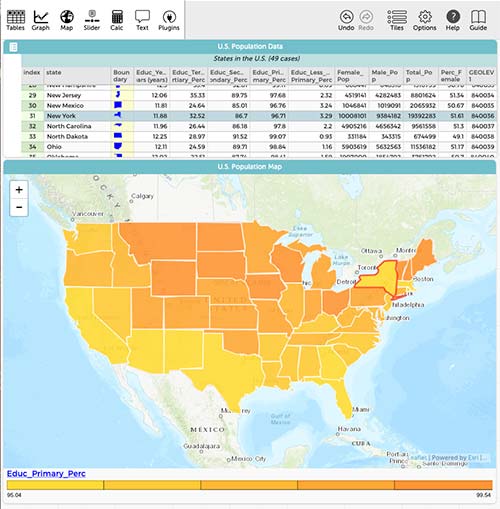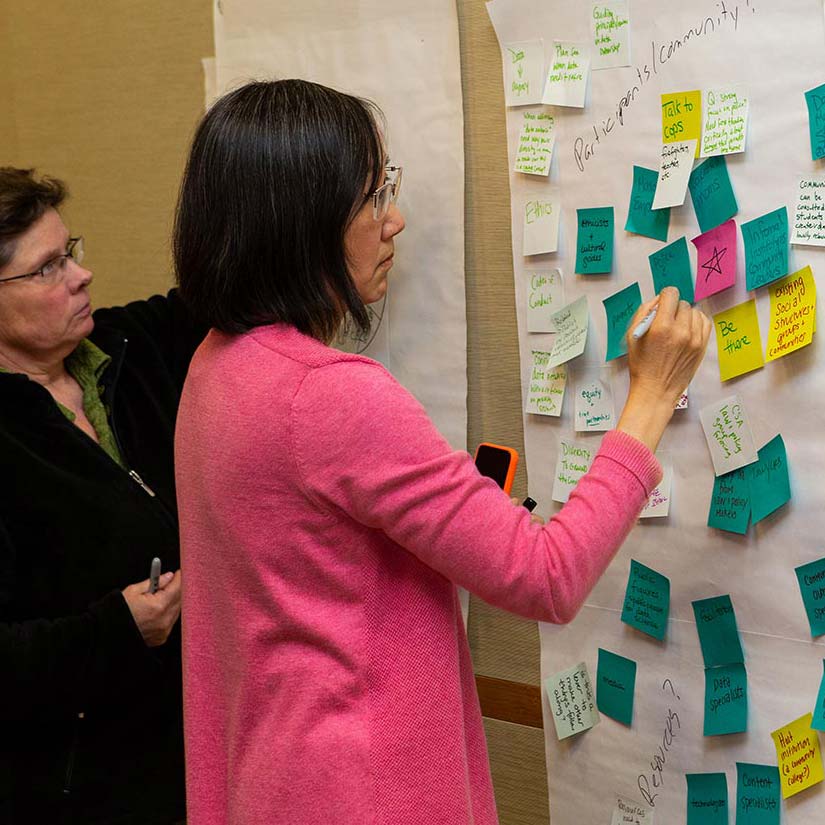We're jumpstarting data science fluency by...
-
Researching
Cutting-edge journal articles, white papers, and more to spark revolutionary change. -
Convening
Catalyzing the power and potential of data science education leaders.
-
Developing
Powerful, free data analysis software and student-ready resources.
Researching
Our cutting-edge journal articles, white papers, and more are sparking revolutionary change in learning sciences, curriculum development, and educational standards alignment.
Publishing findings
We've written over 20 articles and white papers on data science education. Learn what data moves are and why experts use them, how to make sense of "messy data," what it means to shift students' relationship to data from data collectors to data producers, and much more.

Researching questions
We’re researching important questions about how students use computational tools to structure and transform data for scientific inquiry, how student interpretations and interactions with data change as a function of the size of the dataset, how data modeling games can support learning, and much more.

Convening
We're spearheading this growing field by convening data science education leaders in webinars, meetups, and summits to inspire and learn alongside technology developers, teachers, civic leaders, policy makers, and business experts.
Organizing summits and webinars
We’ve hosted dozens of online webinars to disseminate research findings and display the power of our Common Online Data Analysis Platform, met with educators, administrators, and curriculum developers at national and local conferences, and convened two groundbreaking summits.
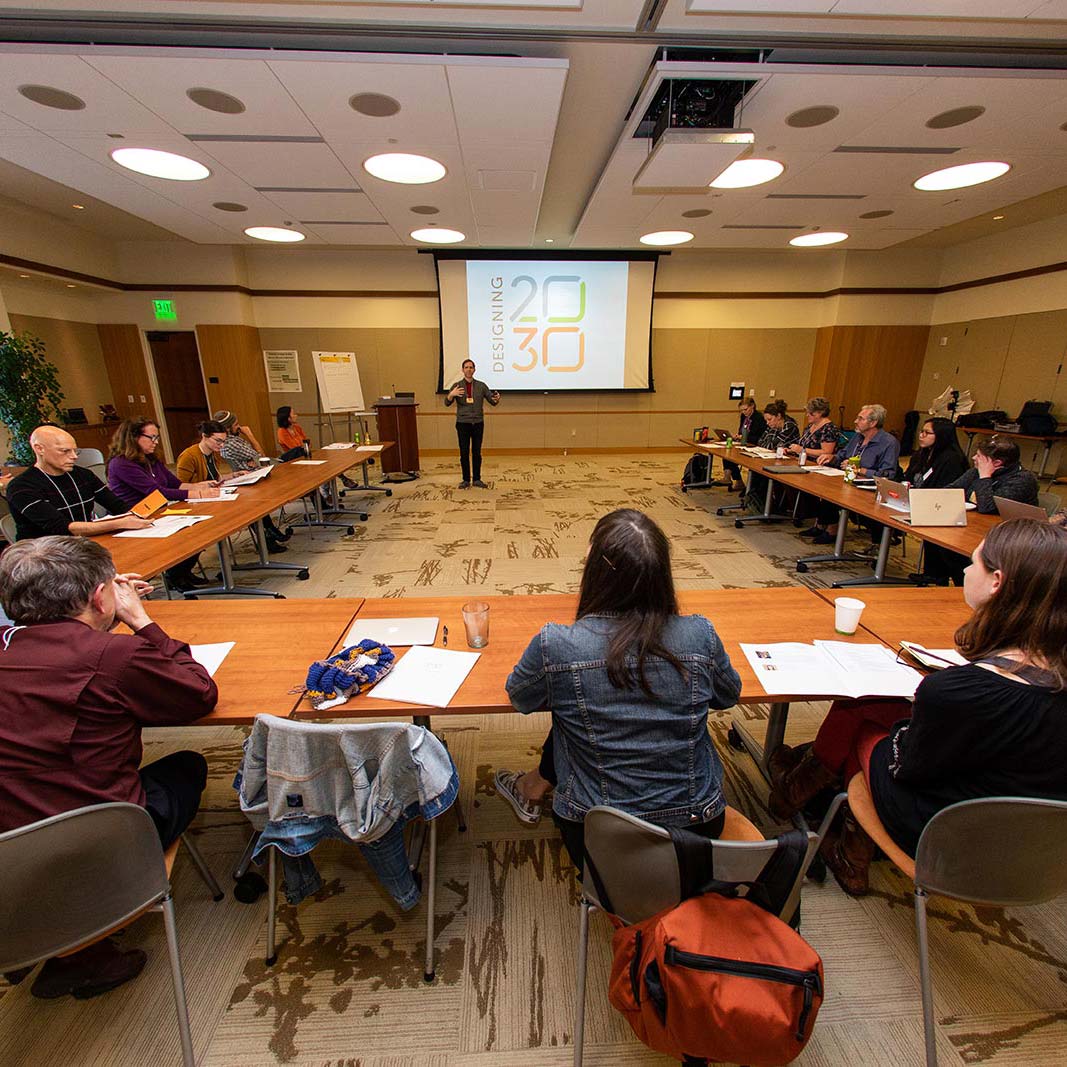
Developing
We're developing free, powerful data analysis software and student-ready resources, including our Common Online Data Analysis, plus datasets from across the subject spectrum and short activities to engage learners in grades 9-14.
Designing tools
CODAP is our most popular data analysis software, designed for students in grades 6 through college to visualize, analyze, and ultimately learn from data. We’re also developing Dataflow, a platform for programming, data processing, and real-time data graphing that uses an innovative block-like programming style.

Developing resources
We’ve created activities and games with data at their core, so students gain fluency with the data moves necessary for diving into data and build excitement for their ability to work with data. We’ve also curated a set of over 50 free datasets—from earthquakes to FastPlants, hurricanes, compound interest, the digits of pi (infinity), and beyond—to inspire new data explorations.

